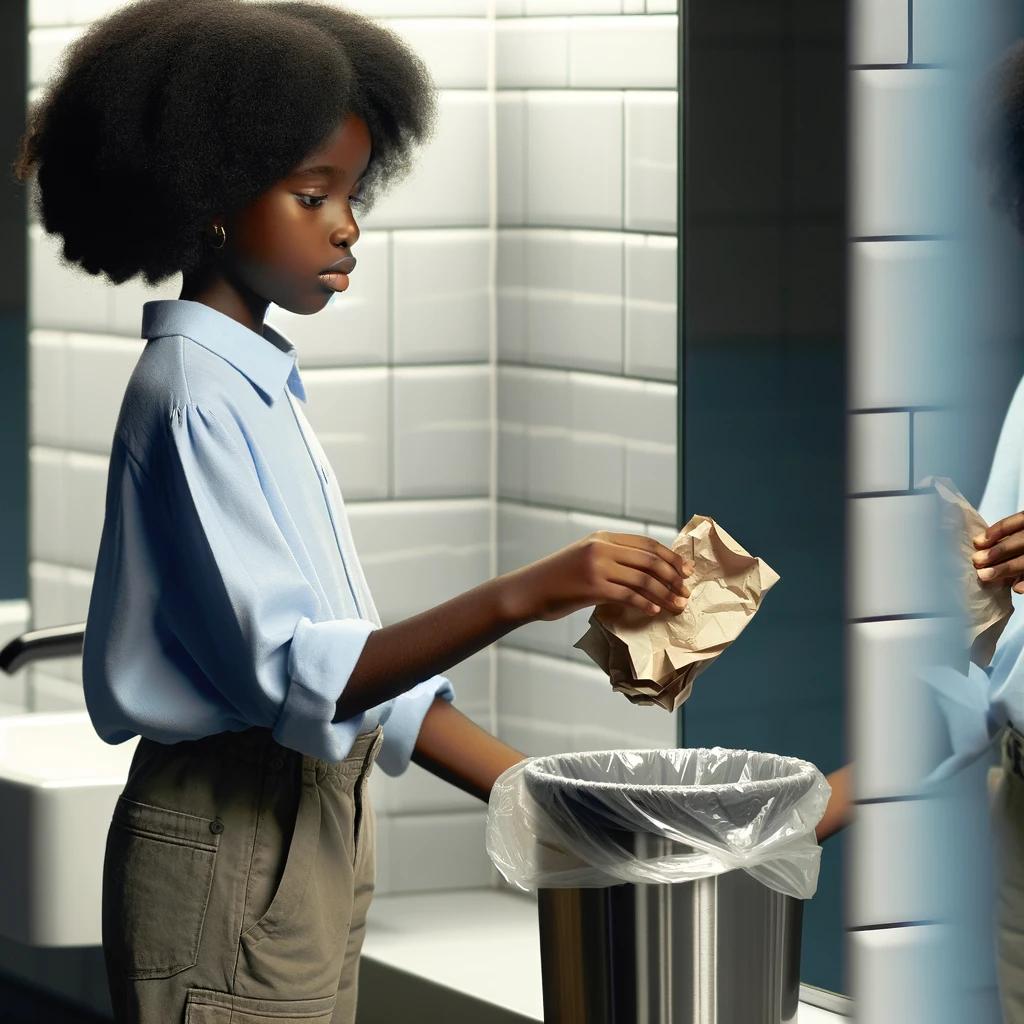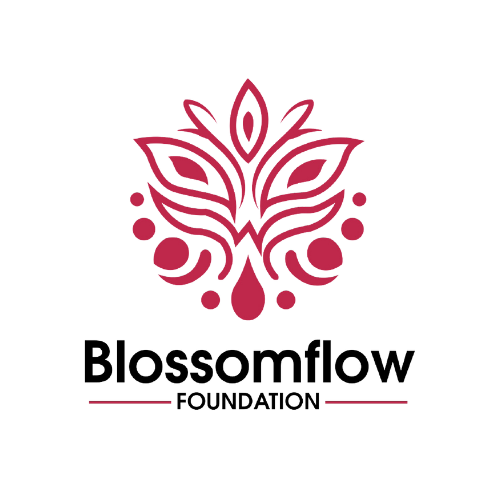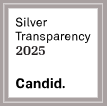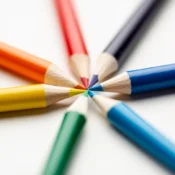
Proper Disposal of Used Sanitary Pads: A Guide to Hygienic and Environmentally Responsible Practices
Proper Disposal of Used Sanitary Pads
Disposing of used sanitary pads properly is crucial for maintaining personal hygiene, ensuring public health, and protecting our environment. Improper disposal can lead to environmental pollution and pose health risks, such as the spread of infections. Here are comprehensive steps and tips for Proper Disposal of Used Sanitary Pads in a hygienic and environmentally responsible way.
1. Wrap It Up
Always wrap your used sanitary pad before disposal. You can use the original wrapper, toilet paper, or a piece of newspaper to wrap the pad completely. This step is crucial as it prevents the spread of infections and odors, and it makes handling the waste easier and more sanitary for sanitation workers.
2. Use a Sanitary Bin
If available, dispose of your wrapped pad in a designated sanitary bin. These bins are specifically designed for menstrual products and are often found in women’s restrooms. Using these bins helps avoid clogging the toilet and plumbing system, which can be caused by flushing pads down the toilet.
3. Seal the Bag
If a sanitary bin isn’t available, use a small disposable bag to dispose of your pad. For Proper Disposal of Used Sanitary Pads, Seal the bag properly to contain any odor and to prevent leakage. This method is particularly useful if you need to carry the pad with you (for example, in situations where immediate disposal isn’t possible, like during hiking or in areas with limited facilities).
4. Use a Dustbin with a Lid
Always dispose of the sealed bag in a dustbin that has a lid. This practice is not just for aesthetic reasons but also to deter animals and insects from scavenging through the waste, which can be a health hazard. Proper Disposal of Used Sanitary Pads, ensure the dustbin has a proper lid.
5. Never Flush Your Pad
It cannot be overstressed that flushing sanitary pads down the toilet is a big no-no. Pads are designed to absorb and retain liquid, which means they expand in water and can easily block plumbing pipes, leading to costly repairs and environmental damage when they end up in water treatment systems or bodies of water. When talking about Proper Disposal of Used Sanitary Pads, this is an unhealthy practice.
6. Educate Others
Spread the word about proper disposal practices. Educating friends, family, and community members, especially in settings where discussions about menstrual hygiene are still taboo, can have a significant impact on public health and environmental conservation. Organizations like UNICEF and Menstrual Hygiene Day provide valuable resources and advocacy tools.
7. Consider Environmentally Friendly Alternatives
While not directly related to disposal, considering the use of environmentally friendly menstrual products like menstrual cups, reusable cloth pads, or organic biodegradable pads can significantly reduce waste. These products offer not only Proper Disposal of Used Sanitary Pads but sustainable alternatives that lessen the environmental impact of menstrual product disposal.
Conclusion
Proper disposal of sanitary pads is a small but significant step toward a more hygienic and environmentally friendly approach to menstrual management. By following these guidelines, you contribute to a healthier environment and a more informed society that handles menstrual waste responsibly. Let’s commit to these practices and lead by example, encouraging a shift towards more sustainable menstrual health management globally.
For more information on sustainable menstrual health practices, check out our resources page.
All Categories
Recent Posts
Why SDG 4 Cannot Be Achieved Without Ending Period Poverty
Tags
Give them a helping hand
Every donation fuels our mission to combat period poverty. Your generosity brings us closer to menstrual equity.
+234-909-482-1642
inquiries@blossomflow.org




